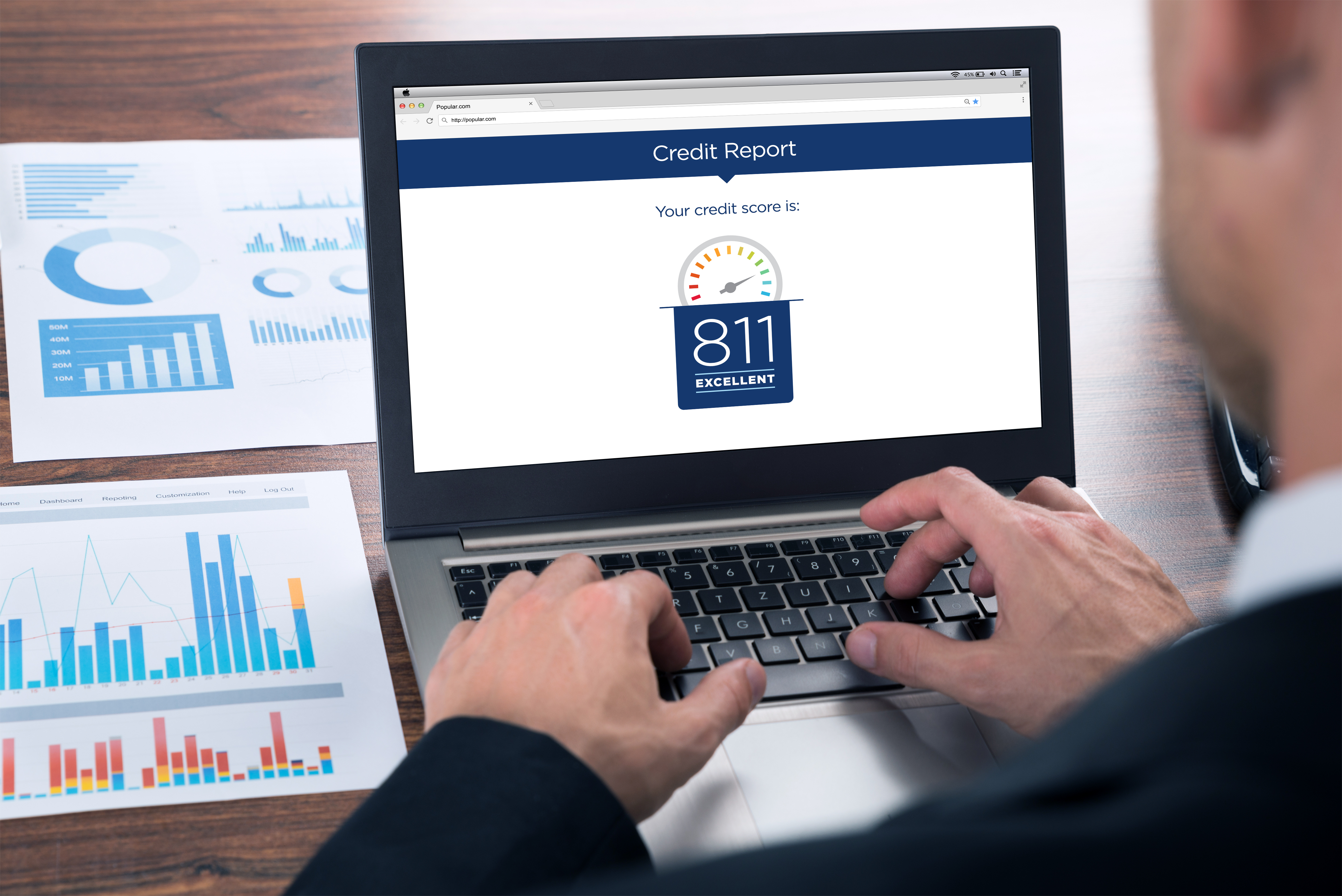May 24
Get to know your credit score
May 24, 2016
 As consumers, our credit score is a mystery to us. We know that when we request credit for something (like a credit card, for example), we are assigned a number which we don’t know if it’s good or bad, or where it even came from. What we do know is this number will greatly influence the outcome of our application. Well then, let’s learn a little more about this number, since it seems to have so much power over our finances.
The official name of this mysterious number is the FICO® score, and to financial institutions, it represents how much risk they’d take by lending money to you. Most financial institutions use your FICO® score to decide whether or not to lend you money and under which conditions. The institutions get your FICO® score from the main credit bureaus: Experian, TransUnion and Equifax.
Why is your FICO® score so important? A good score can get you better interest rates when you borrow money. The following are a few ways to improve and maintain your credit score:
Improve your credit score
As consumers, our credit score is a mystery to us. We know that when we request credit for something (like a credit card, for example), we are assigned a number which we don’t know if it’s good or bad, or where it even came from. What we do know is this number will greatly influence the outcome of our application. Well then, let’s learn a little more about this number, since it seems to have so much power over our finances.
The official name of this mysterious number is the FICO® score, and to financial institutions, it represents how much risk they’d take by lending money to you. Most financial institutions use your FICO® score to decide whether or not to lend you money and under which conditions. The institutions get your FICO® score from the main credit bureaus: Experian, TransUnion and Equifax.
Why is your FICO® score so important? A good score can get you better interest rates when you borrow money. The following are a few ways to improve and maintain your credit score:
Improve your credit score
- Pay your bills on time.
- Keep low balances on your credit cards.
- Be consistent; having a good credit score is the result of your long term credit history. Even when you close an account, its information will remain in your credit history and can still influence your score.
- Keep in mind that if an account has been referred to a collection agency for failure to pay, this negative information will remain in your credit report for 7 years.
- Don’t open new credit cards that you don’t need.
- Receive email alerts or text messages when there are changes to your credit score and credit report.
- Learn about the positive and negative factors that are influencing your score.
- Receive notifications when your credit score has changed enough to qualify you for a better interest rate in a home or auto loan.


